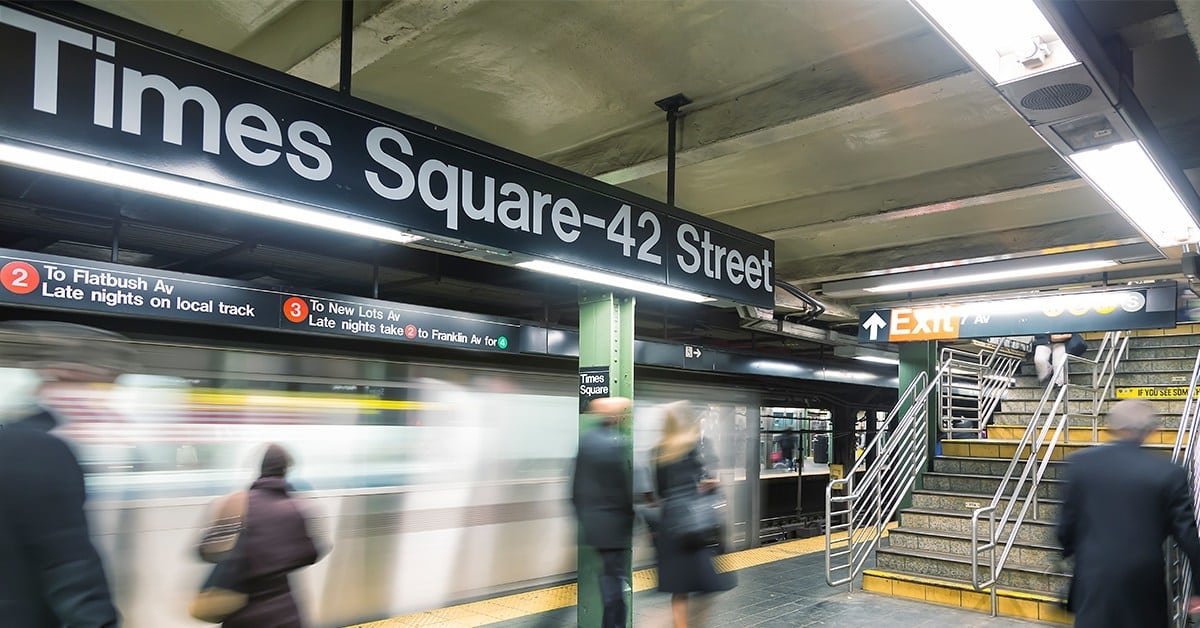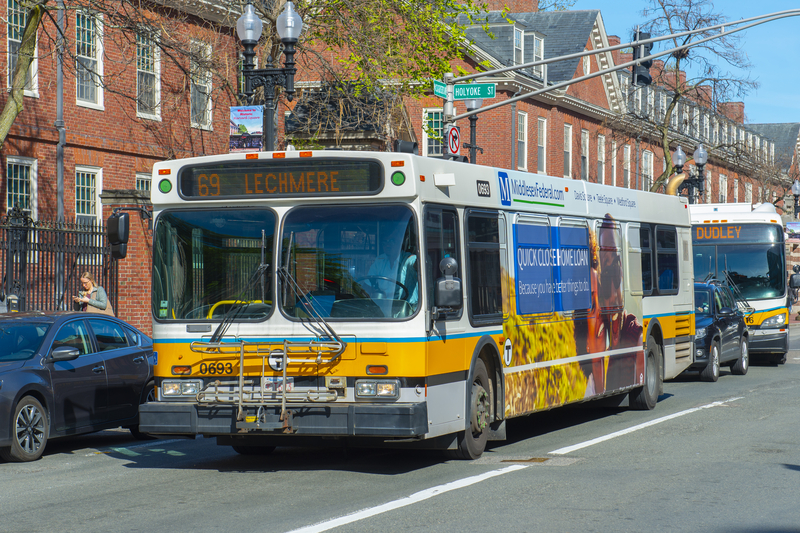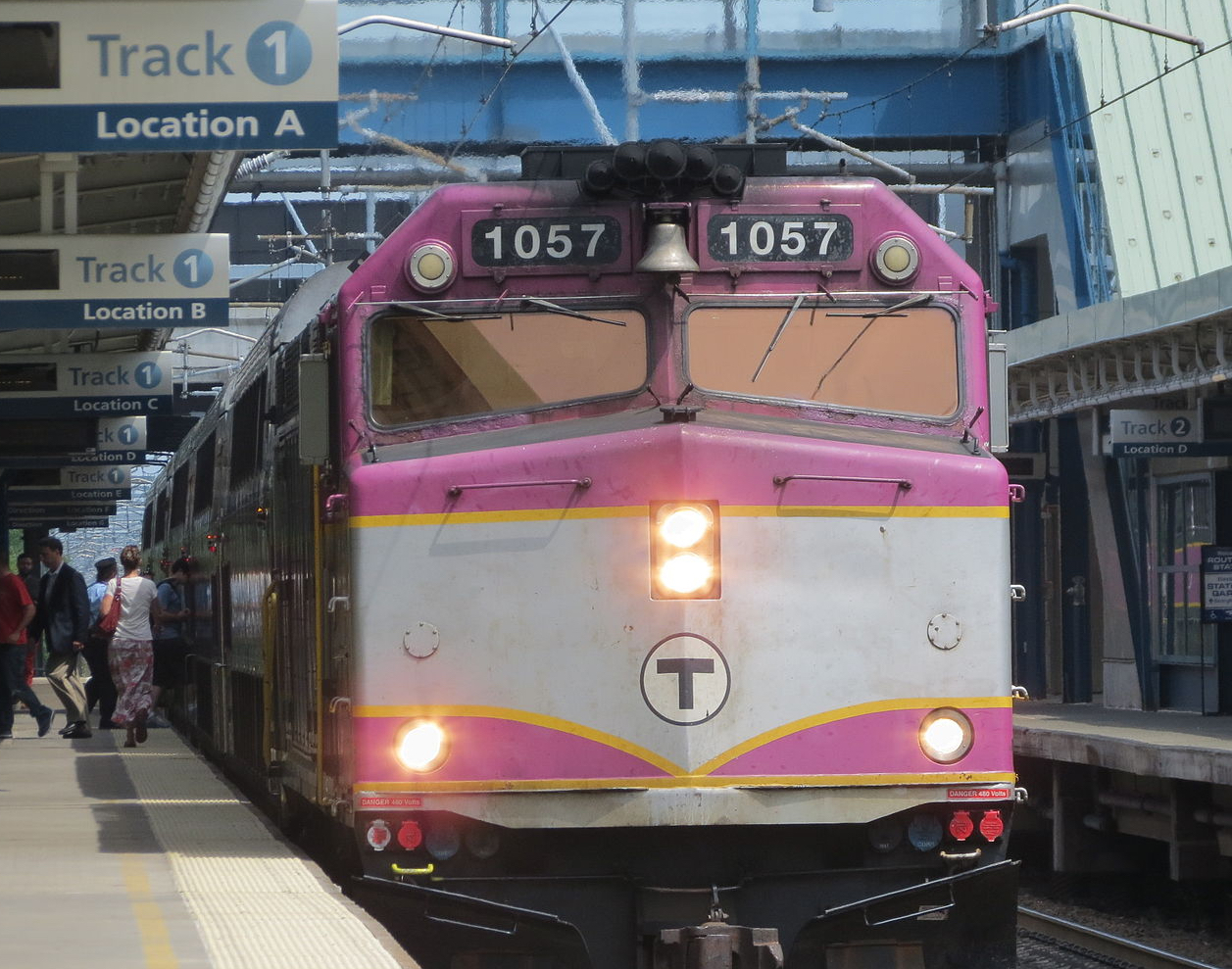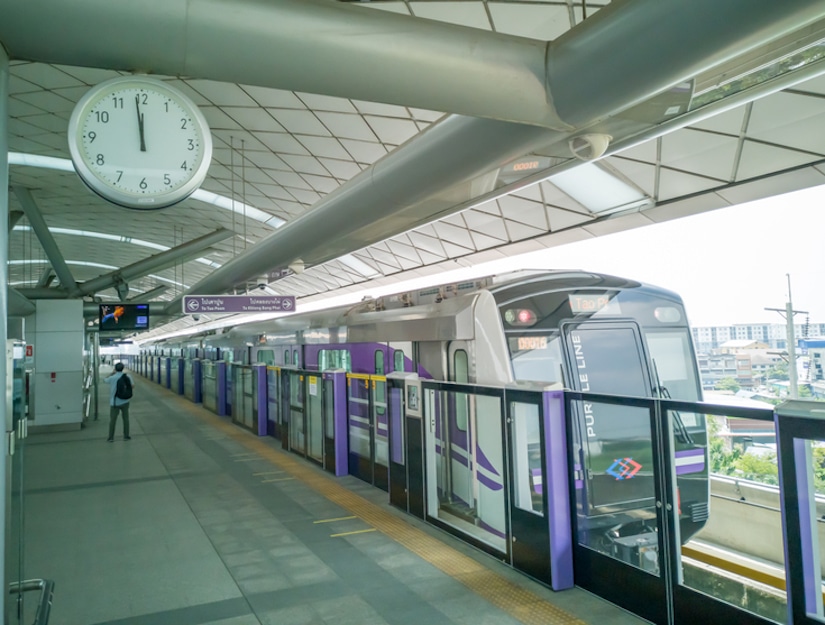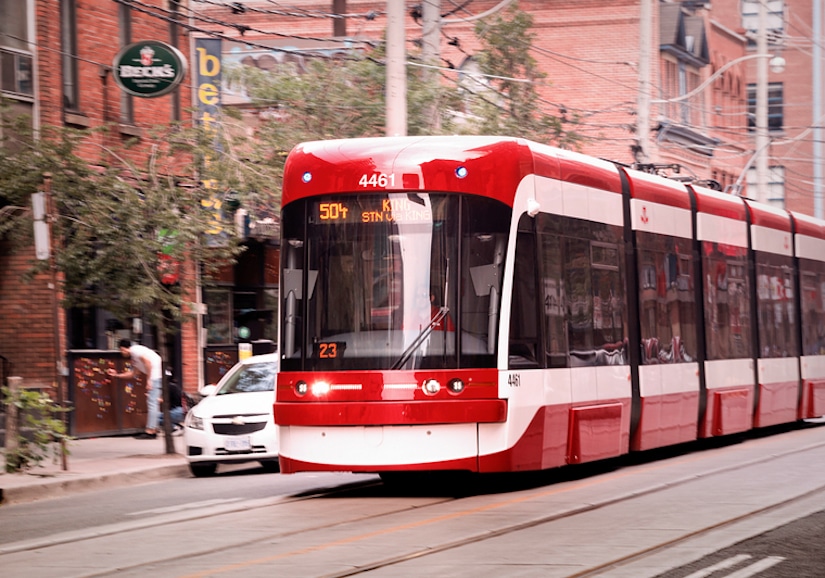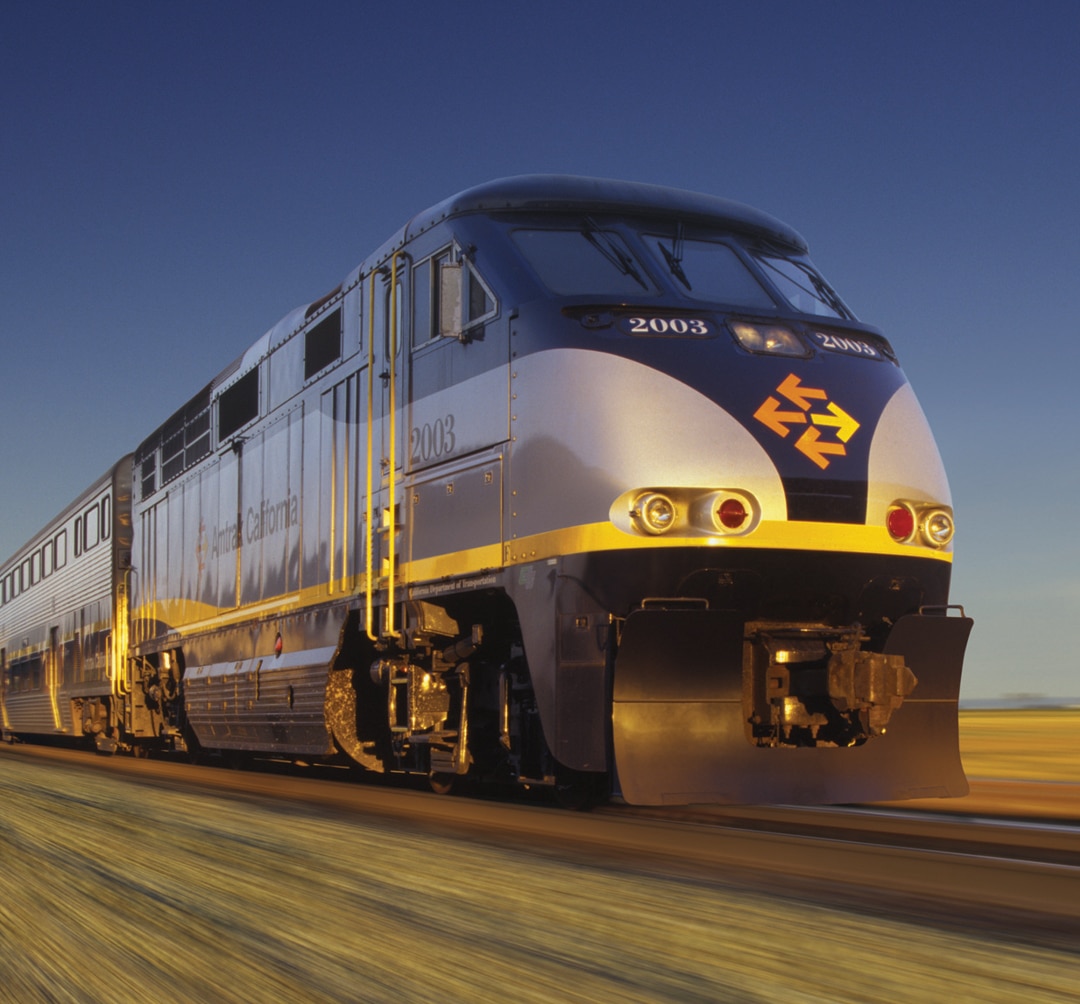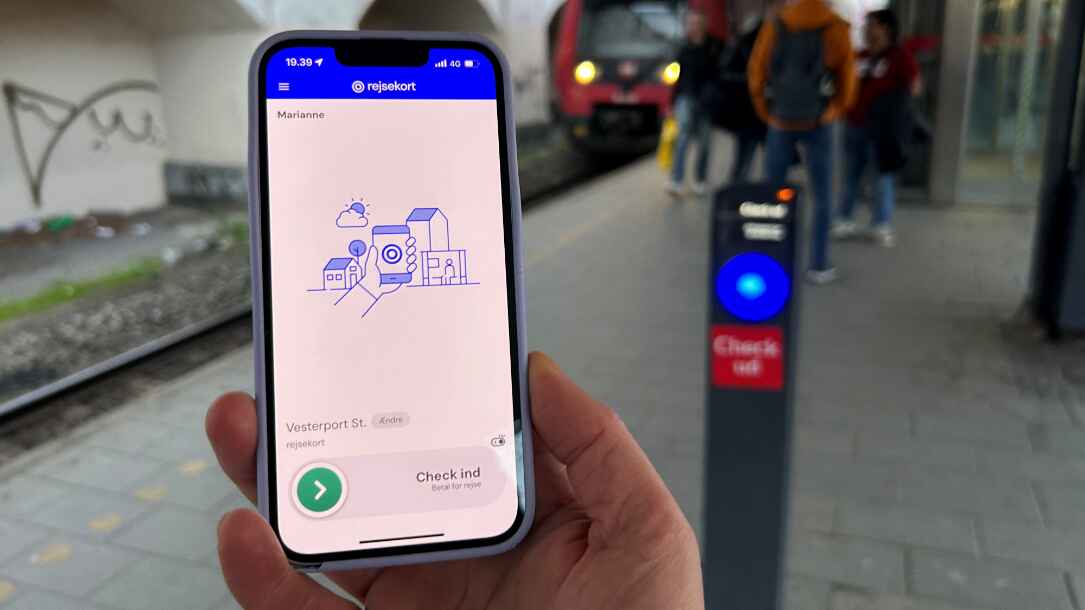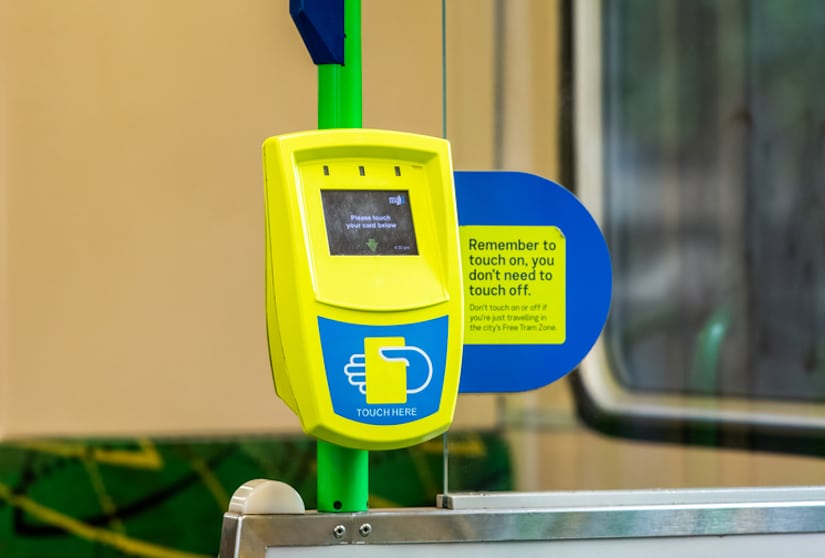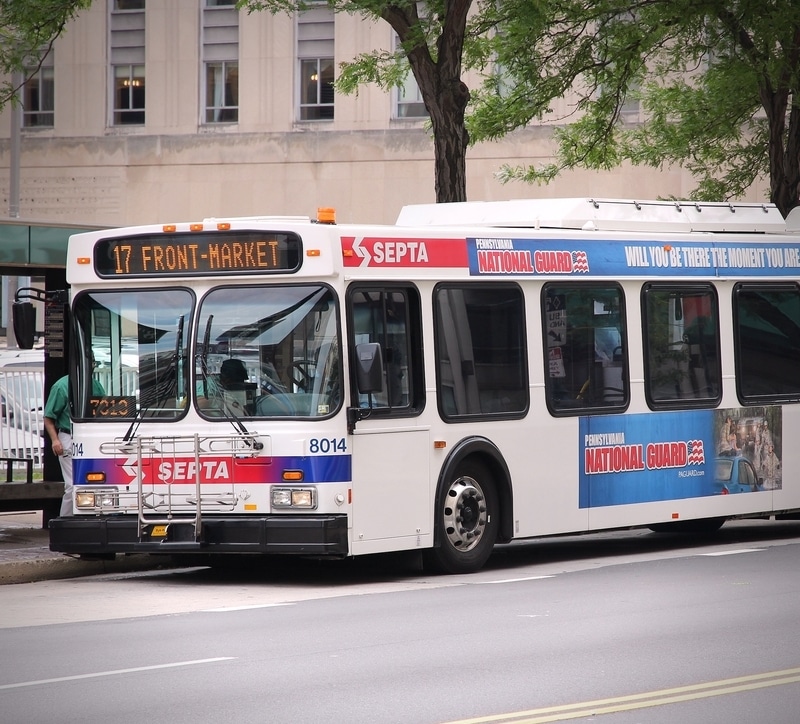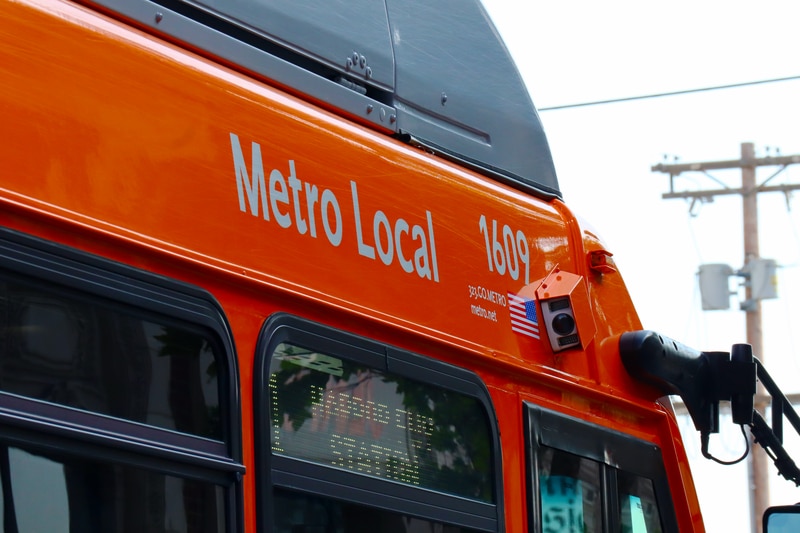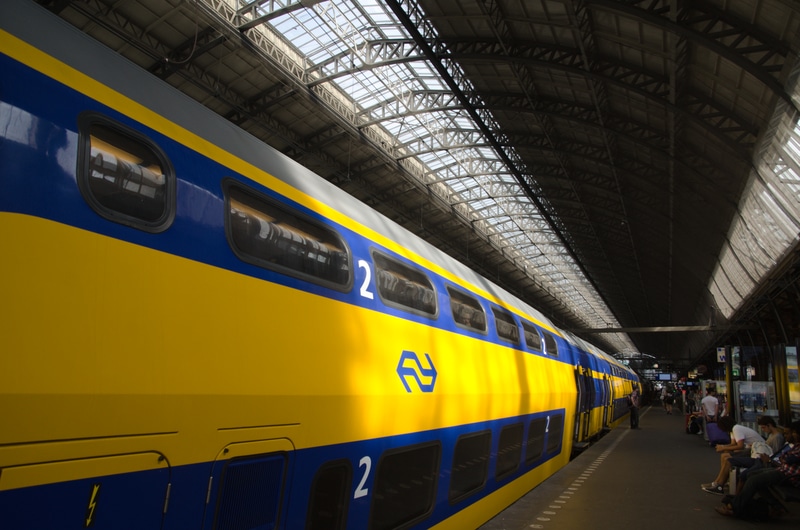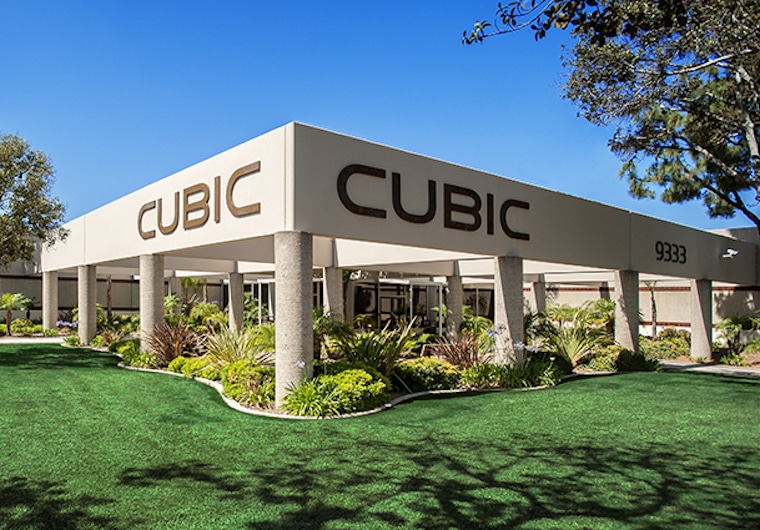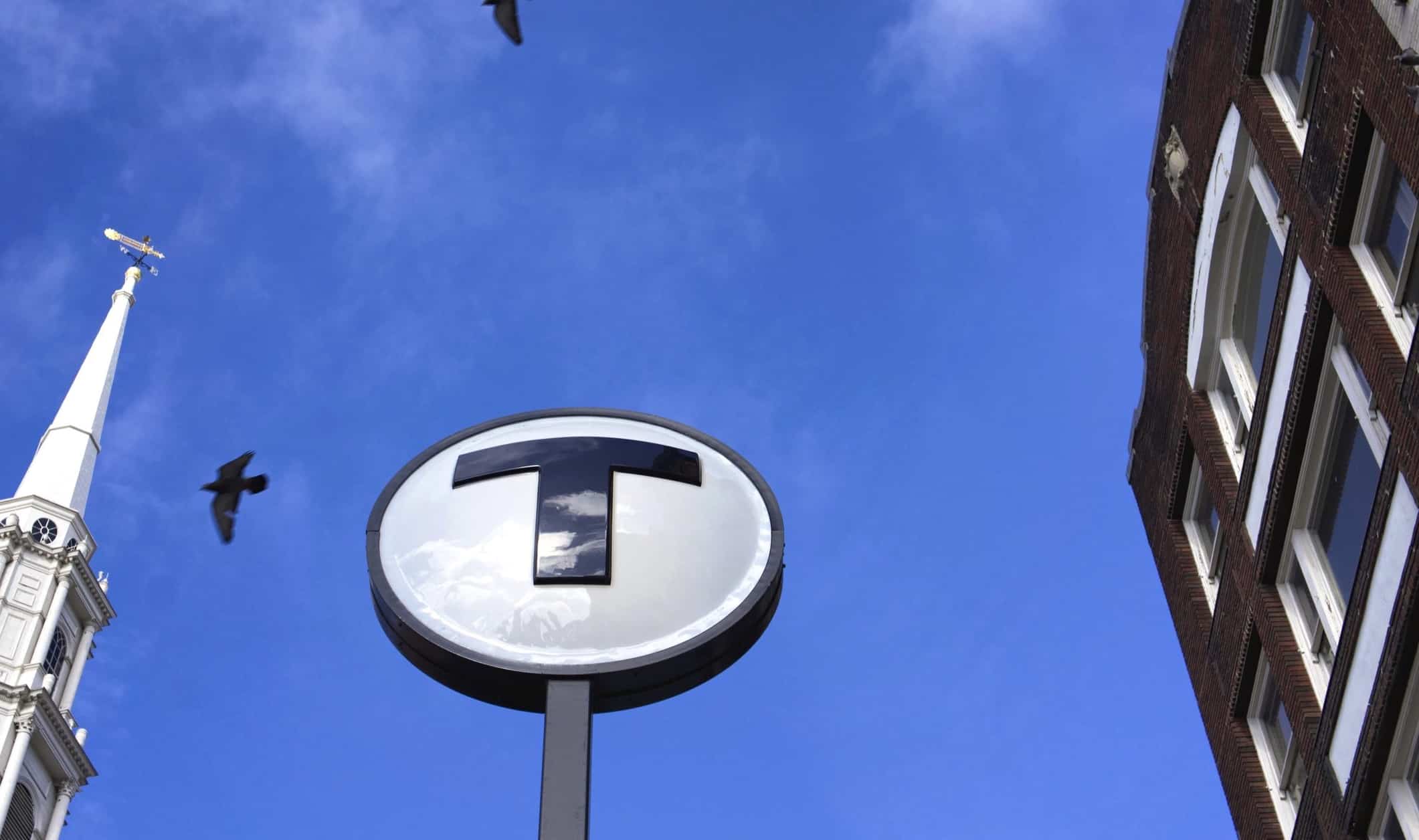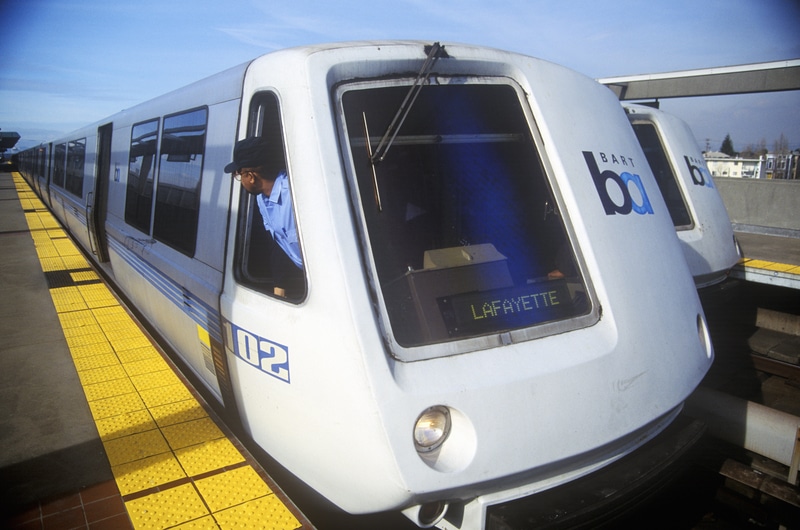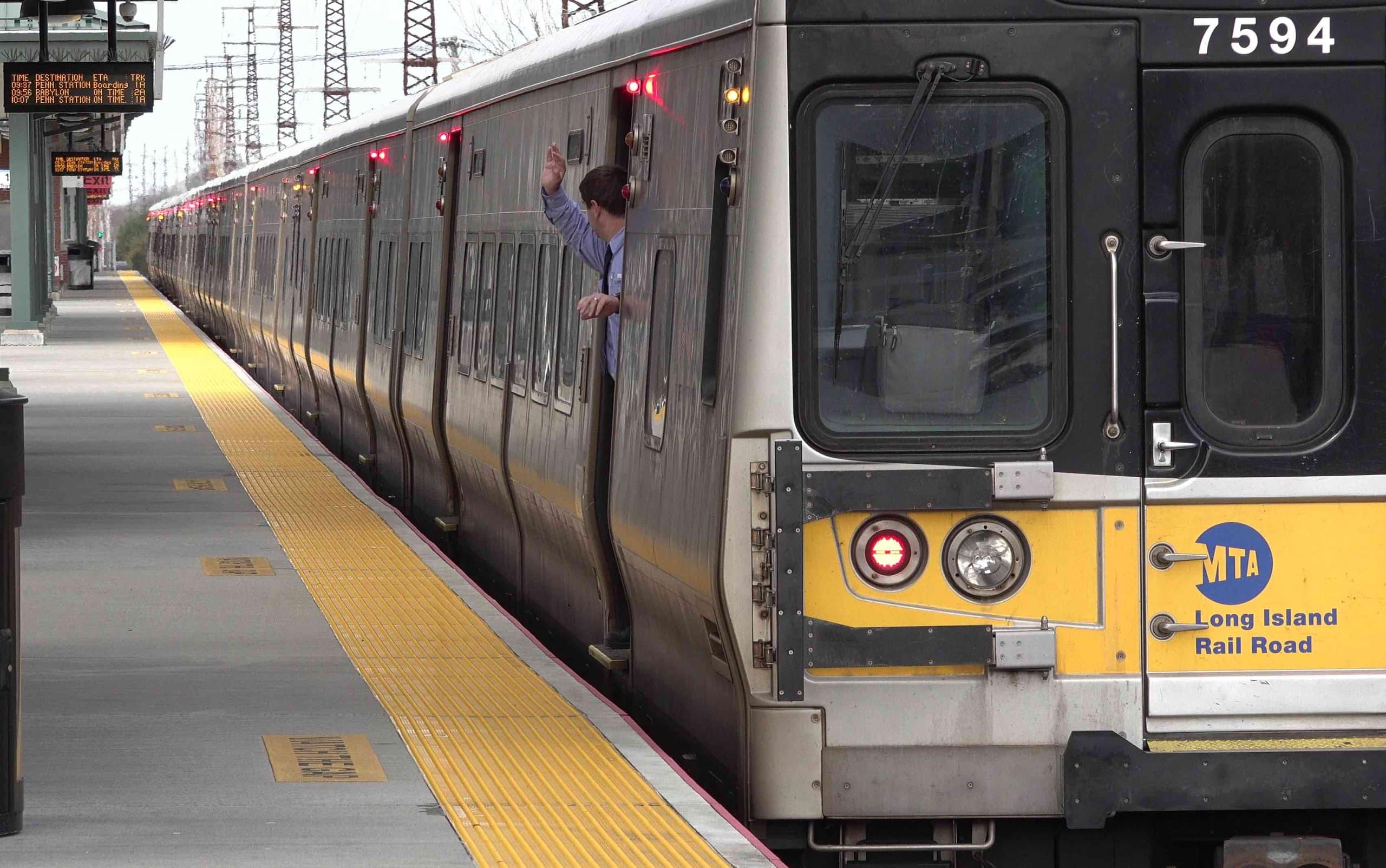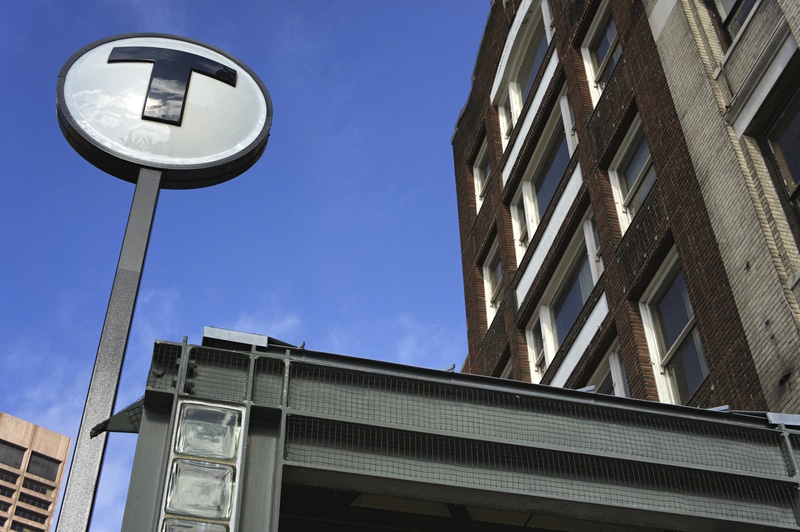
Article Highlights
The Massachusetts Bay Transportation Authority, or MBTA, in Boston recently approved another contract with Scheidt & Bachmann, as it seeks to extend the life of its existing fare-collection system until a delayed new fare system from Cubic Transportation Systems arrives.
This “reset” the Cubic project, with the parties agreeing to increase the contract cost by nearly 30% to just over $935 million and to add two more years to the rollout schedule–all in the hopes of getting the project back on track.
The Massachusetts Bay Transportation Authority, or MBTA, in Boston recently approved another contract with Scheidt & Bachmann, as it seeks to extend the life of its existing fare-collection system until a delayed new fare system from Cubic Transportation Systems arrives.
The MBTA board unanimously approved a $51 million contract with Scheidt & Bachmann, longtime vendor of the agency’s closed-loop CharlieCard program.







